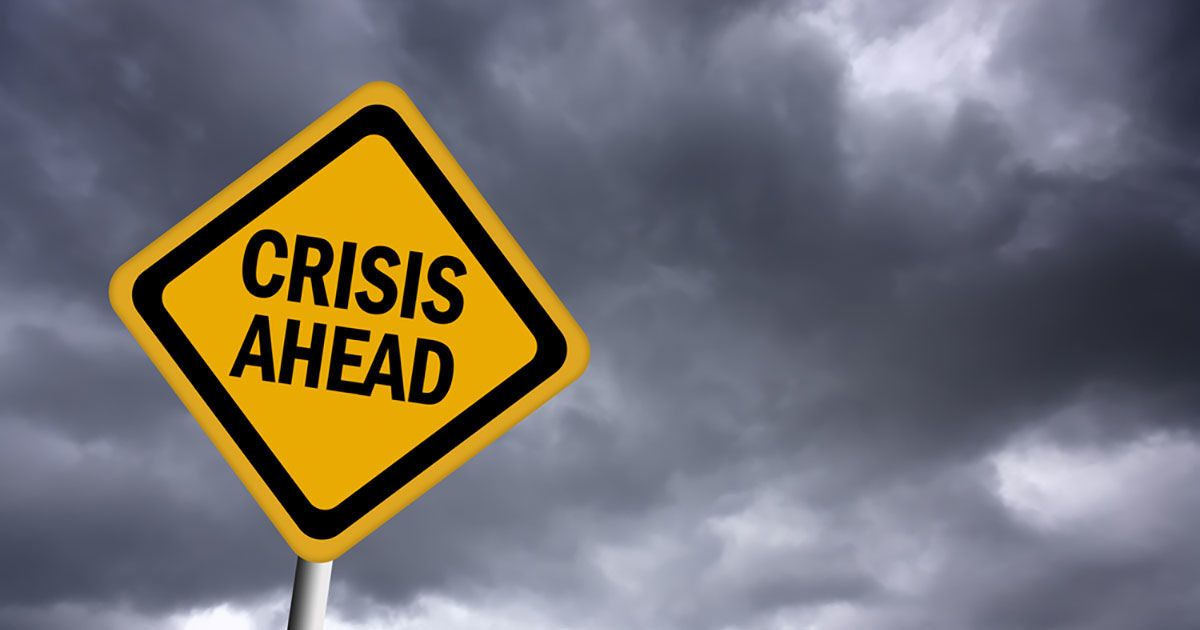In public relations, we often describe our approach to earned media this way; what we give up in editorial control we make up for in credibility. We can’t always persuade a writer to compose a story exactly the way we want, but a publication’s imprimatur and its digital domain authority can more then make up for that.
We work to control the way our client is perceived in public through strategic counsel, careful planning, message development and interview preparation. So why do so many in the public eye get the “optics” so very wrong?
It’s the optics, stupid!
Here are three ways optics caught up with some boldfaced names this week.
Intentionally alienating
Reviled “Pharma bro” Martin Shkreli just can’t shut up. And this is a case of not only bad optics, PR-wise, but possible legal peril. You see, Shkreli, who made headlines a while back for jacking up the price of an AIDS drug by 5000%, is actually talking publicly ─ and tweeting ─ about his federal securities-fraud trial. He has publicly derided the U.S. Attorney’s Office in the Eastern District of New York, calling them “junior varsity,” and taunted a woman who testified against him. He claimed she couldn’t have been a victim of any crime because she “ended up making money.”
Shkreli’s comments aren’t merely derogatory; they may damage his case with jurors, while reinforcing his reprehensible reputation. We understand the fascination with the “bad-boy” CEO; there’s sometimes a rakish charm thing there. But of late, with these antics and those of the recently booted Travis Kalanick, there is really no upside. Unfortunately, reputation rehab seems like a bridge too far for Shkreli.
Taking the bully pulpit too literally
The definition of negative optics! Some people really make it too easy. How could New Jersey Governor Chris Christie possibly have thought a day at the beach would go over well with his constituents when most of those beaches are closed to the public due to a state government standoff? He already enjoys a seriously low approval rating of 17%. To compound the arrogance of the images of him en famille on an otherwise empty beach, Christie said, “I don’t apologize for it. I don’t back away from it.” This is the kind of attitude the public and press pounce on. And they have, with Twitter and mainstream media having a field day with negative remarks and brilliant memes like this.
For some, no amount of PR advice will help. Asked what he thought about the kerfuffle, Christie said, “I think my poll numbers show I don’t care about political optics.” It’s true. Christie has built a career as a bully – at one time, for good, going to bat for his state during Hurricane Sandy. But the attitude does him a disservice now and one can’t help but wonder if his potential second act as a sports broadcaster will be enough to satisfy his ego.


